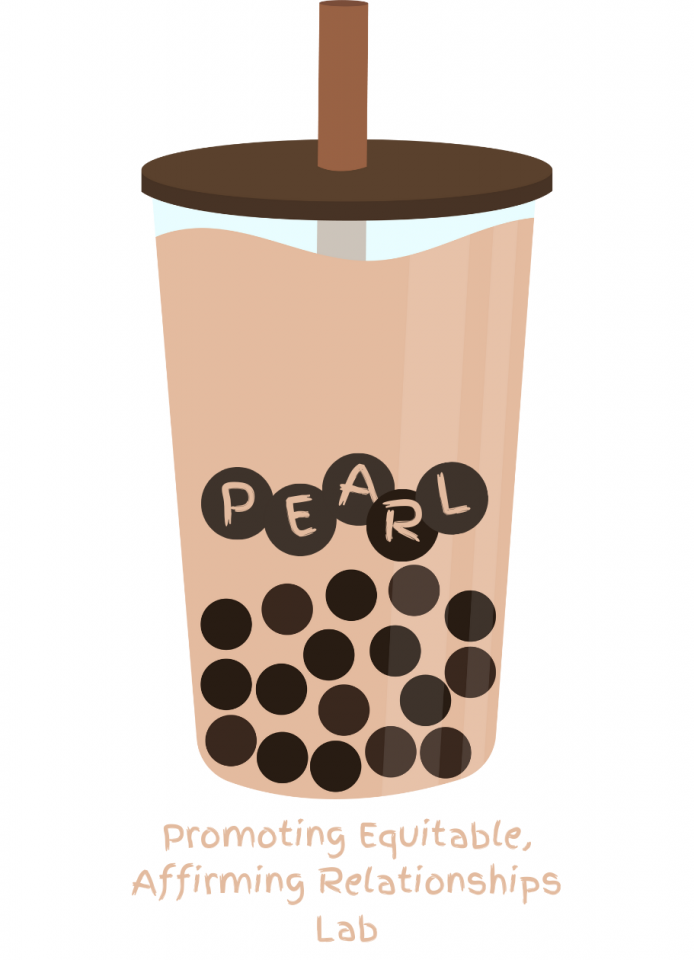
Welcome to the Promoting Equitable, Affirming Relationships Lab

Our lab aims to understand the facilitators and barriers to youth forming supportive, lasting, and affirming social relationships with their peers, especially among those with attention-deficit/hyperactivity disorder (ADHD). We apply a strong equity, diversity, and inclusion perspective to this work. As part of this perspective, our research aspires to encourage the environmental conditions (e.g., at school or at home) that help peer groups to be more socially inclusive and to break down the stigma that peers have about others who are different from themselves (for instance, because of ADHD symptoms, or because they are from a different racial/ethnic background, or have a different gender identity or expression). This is in contrast to the more dominant narrative that youth who have social problems are “doing something wrong that needs to be fixed.” More recently, our lab has been embarking on research with the goal of increasing access to mental health services among equity deserving groups. Specifically, we have been looking at facilitators and barriers to services among Asian Canadian youth with ADHD, as this is a group that underutilizes mental health treatment. The goal is for mental health service providers to better address these barriers, in order to reduce some inequities in the health care system. We are also interested in social relationships and service provision that occurs both in-person settings, as well as in the digital world such as Instagram, Twitter, or TikTok. We are thinking about how social media can be harnessed to break down barriers to relationships as well as to democratize mental health information- and conversely, what are some of the limitations of the online sphere. Finally, we are huge fans of boba, or bubble tea- hence the PEARL acronym for our lab!
Interested in participating in our research studies? Learn more under For Families. Think you might want to join the lab for graduate school or as an undergraduate research assistant? Go to Prospective Students. Thanks for visiting and we hope to hear from you!
We are grateful to do this work on the traditional, ancestral, and unceded territory of the Coast Salish Peoples, including the territories of the xʷməθkwəy̓əm (Musqueam), Skwxwú7mesh (Squamish), and Səl̓ílwətaʔ/Selilwitulh (Tsleil-Waututh) Nations, and we reflect upon how we benefit from the appropriation of these lands. Learn more about land acknowledgements.